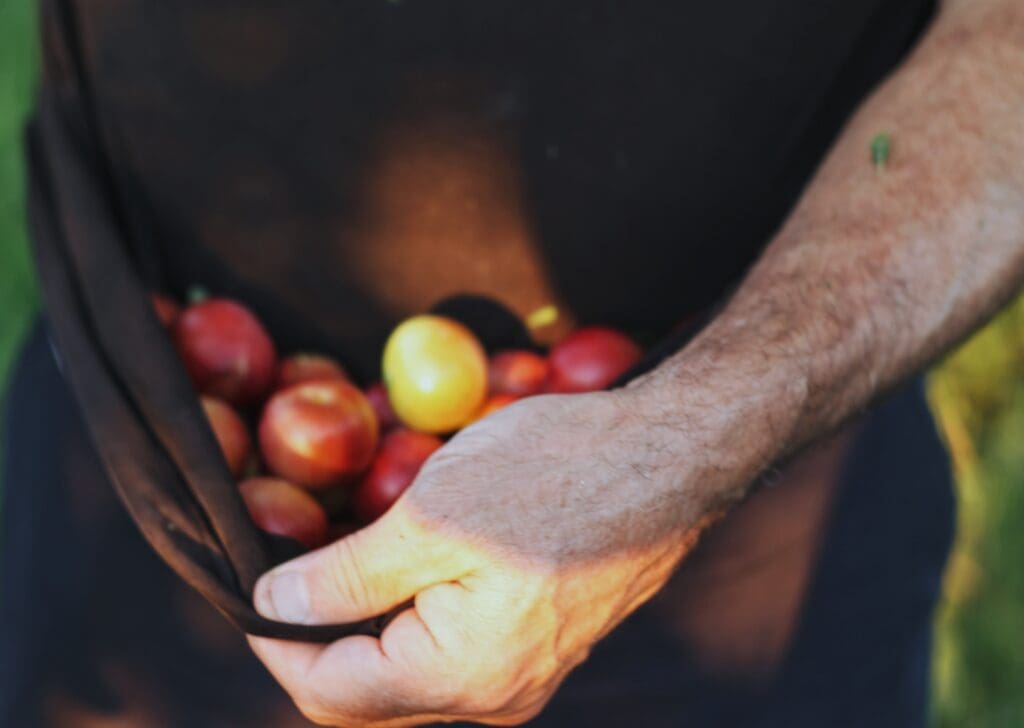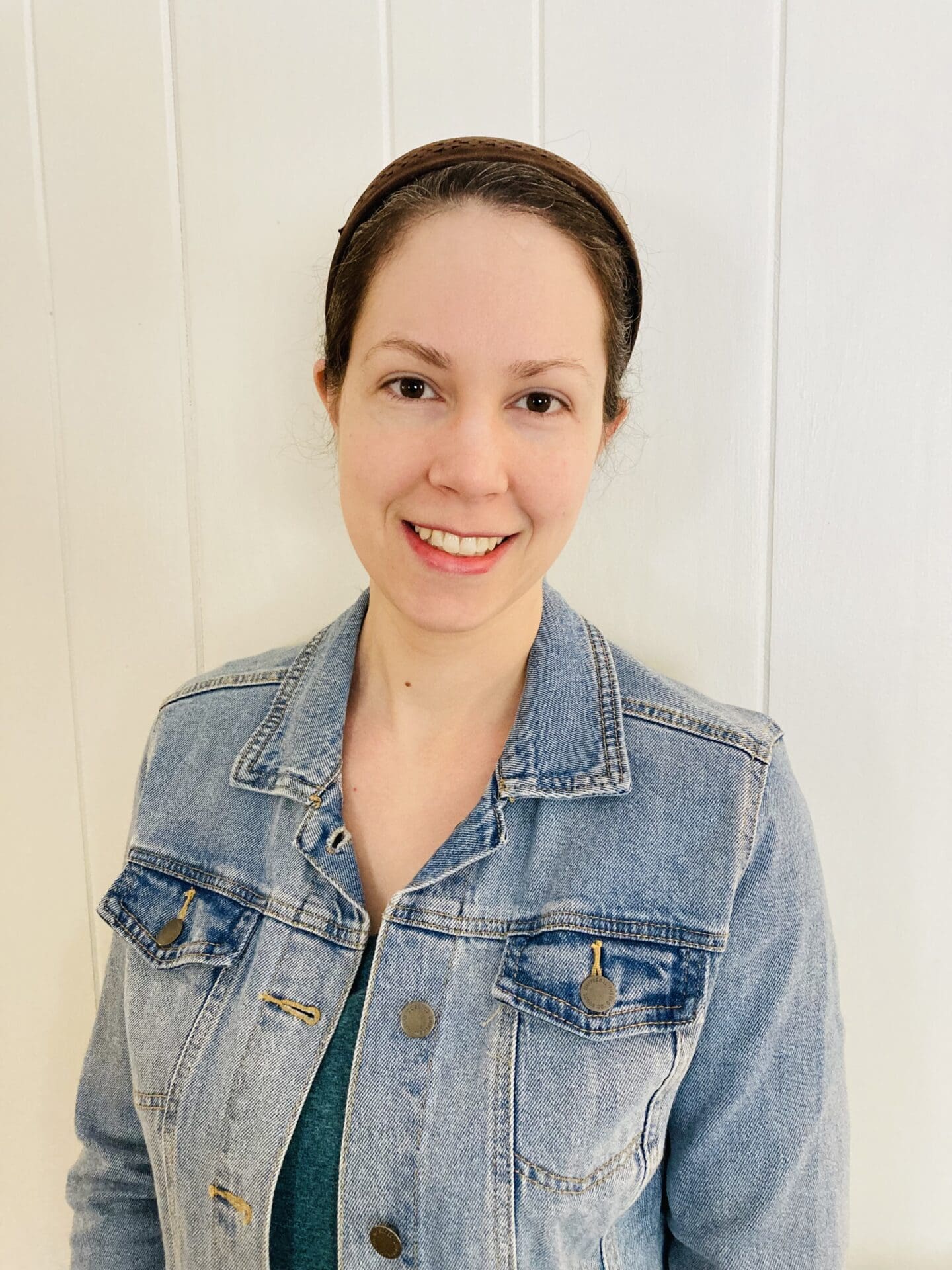Wendell Berry’s Lessons in Stewardship for Us To Live By Today
by Jodyanne Benson
Wendell Berry’s Jayber Crow left a significant imprint on my heart and mind. My heart was captivated by his sincere interest in understanding people and the depths of their stories and discovering—through honest reflection—what it means to belong. But I also found such a strong moral vision in Jayber Crow. This story in particular teaches us more than statistics can about the beauty of the land and the necessary stewardship that follows. Having lost our collective memory of the land and our illiteracy when it comes to nature, we need to re-learn how to see the goodness and beauty of nature to know the moral limits of technological control.
Conservationists and ecologists look to Berry as an important figure in defending the tradition of sustainable farming, especially as urbanization and industrialization keep us more and more disconnected from our land, our food, and our community. Berry himself practices sustainable farming on his Kentucky farm. His stories remind us of how deep and interwoven stewardship is, connecting us to our community, our family, the land, and even our sense of self.
Through Jayber, we become critical of Troy’s new ways of “unsustainable” farming practices, which he characterizes as “a way of dependence, not on land and creatures and neighbors but on machines and fuel and chemicals of all sorts, bought things, and on the sellers of bought things—which made it finally a dependence on credit.” Troy’s new and modern way of farming is sharply contrasted with Athey Keith’s older and slower ways. We see the implications of Troy’s choices on the economies of the family and the town. In The Art of the Commonplace: The Agrarian Essays, Berry writes:
In a society in which nearly everybody is dominated by somebody else’s mind or by a disembodied mind, it becomes increasingly difficult to learn the truth about the activities of governments and corporations, about the quality or value of products, or about the health of one’s own place and economy. …
Most of us own no usable property. Most of us are watching the dispersal or disintegration of our families and communities. …
The great enemy of freedom is the alignment of political power with wealth. This alignment destroys the commonwealth—that is, the natural wealth of localities and the local economies of household, neighborhood, and community—and so destroys democracy, of which the commonwealth is the foundation and practical means
The Art of the Commonplace: The Agrarian Essays by Wendell Berry
Good literature like Jayber Crow not only deepens the conversation surrounding complicated problems such as these, but it also directs us toward something true, sound, and beautiful to help us sustain meaningful ways of confronting those problems in our own lives. For our family, we constantly wrestle with the issue of food in our culture today—the waste, the lack of nutrition, the food deserts. So this will be our second year joining a CSA (community supported agriculture) program. Community Supported Agriculture (CSA) programs aim to connect communities to their farmers. In January we join our CSA and receive a box of fresh, local, organic produce every week in summer. We financially support the farmers, and they share their beautiful produce with us. They also invite us to the farm to see the land and appreciate the work that goes into harvesting our food.
As a mother, I know that teaching big ideas like stewardship to our children is never easy, and the lessons come through practice. If I want to encourage my children to be good stewards, I need to be a witness to my children, so they know how that looks. This leadership is an important aspect of the vocation of motherhood—being called to lead and share the principles of Catholic social teaching. As we’ve formed relationships with farmers in our area, we have come to appreciate where our food comes from, how it started, and how it got here.
Stories like Jayber Crow expand my moral imagination and lead me to sit with the “living questions” that guide our lives, if only we are receptive to pondering those things that matter most. Soon we begin to notice issues like food deserts. Consider what will happen when farms start to disappear and what we can do as a family to help, even in our little ways.
This piece has been adapted from a blog post featured on A Holy Wonder.

About Well-Read Mom
For our Tenth Anniversary, the reading list put together by Well-Read Mom reflects on the theme of family. In Well-Read Mom we desire to create a place for women, not to escape from family life and work, but to experience a kind of leisure through friendship and literature so that women can return to their lives with a renewed vision and vigor. By reading books together, we help sustain a tradition of reading, which is a gift not only to our families but to the world. We hope you’ll join Well-Read Mom for our Year of the Family. Find out more.

